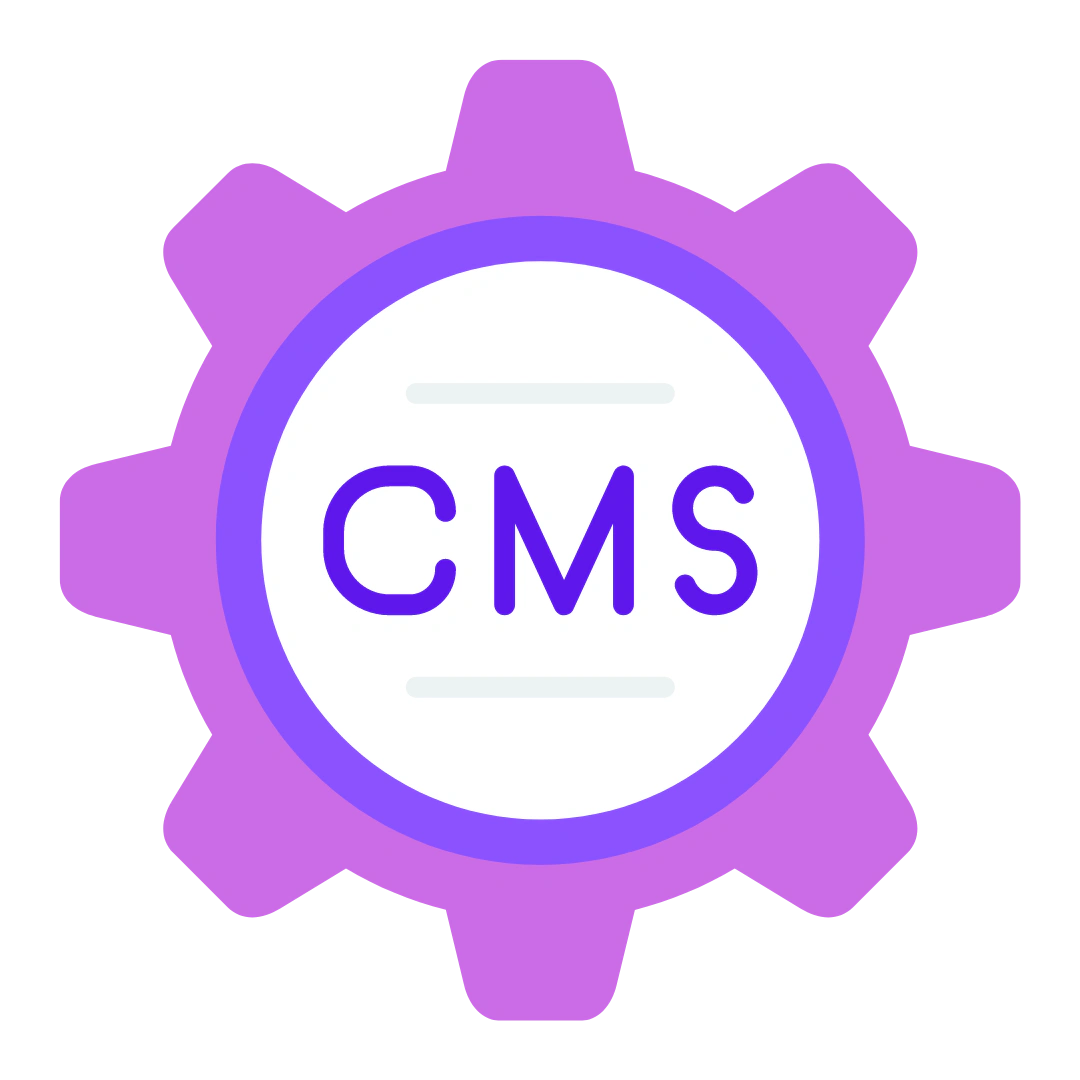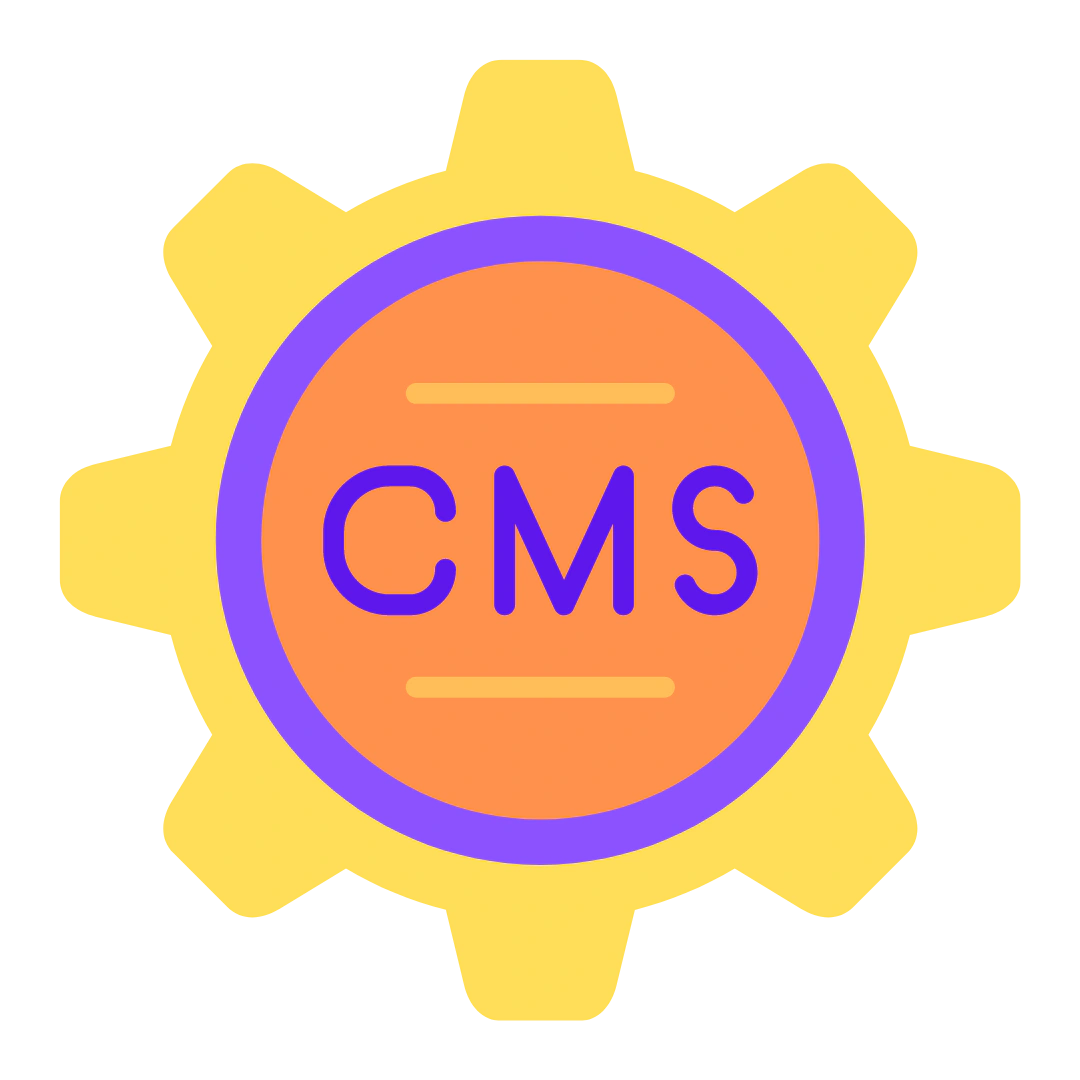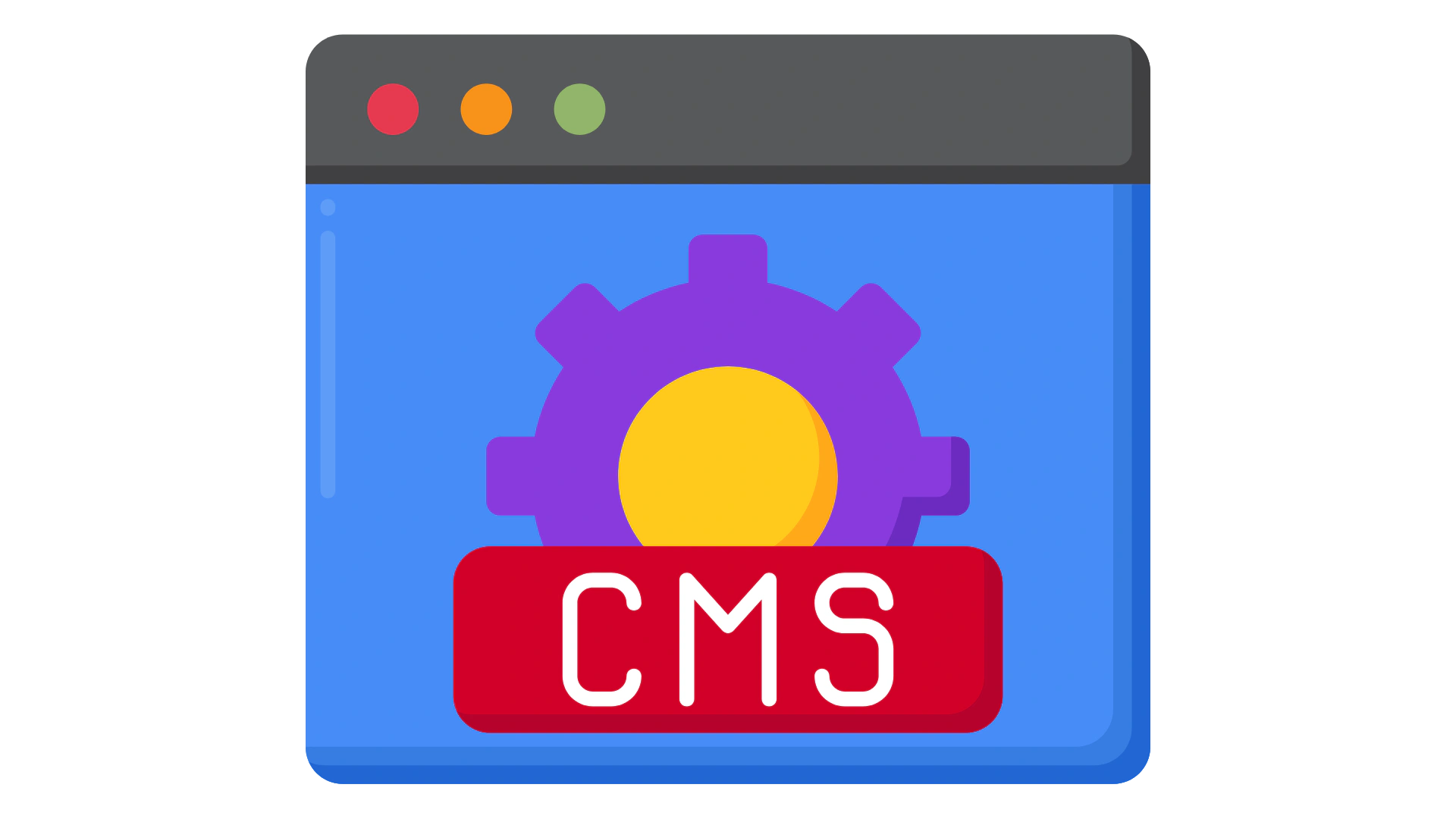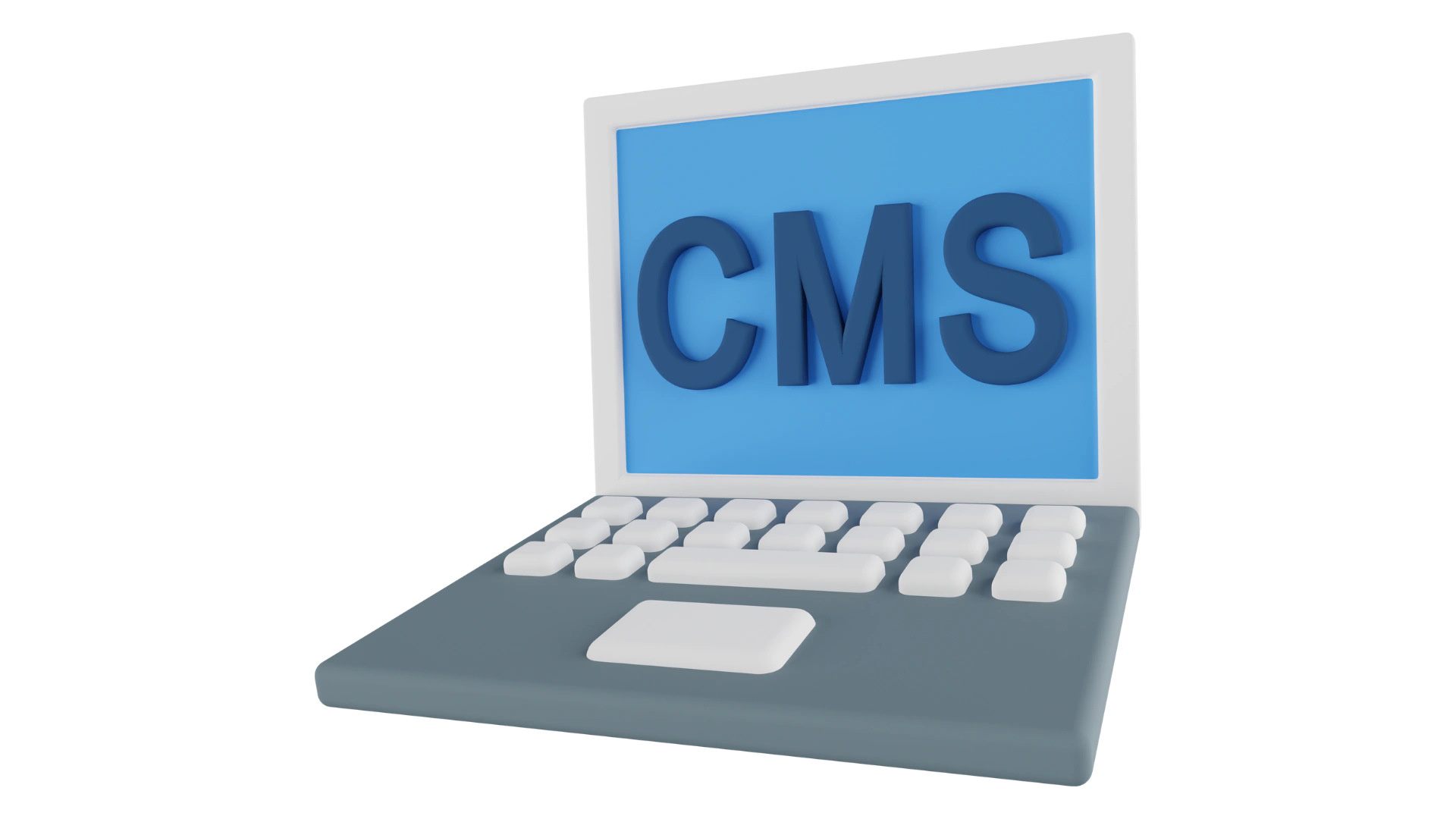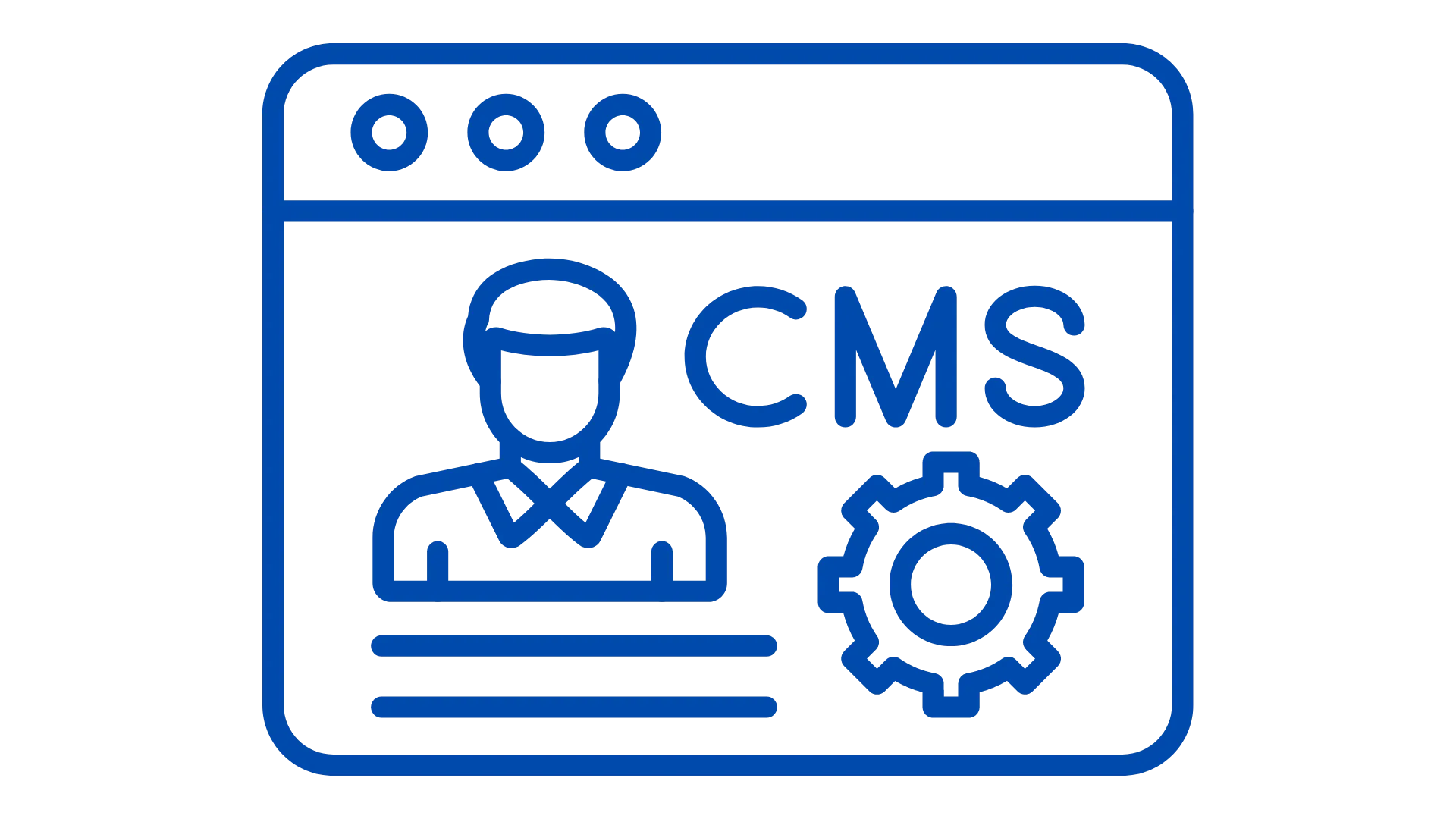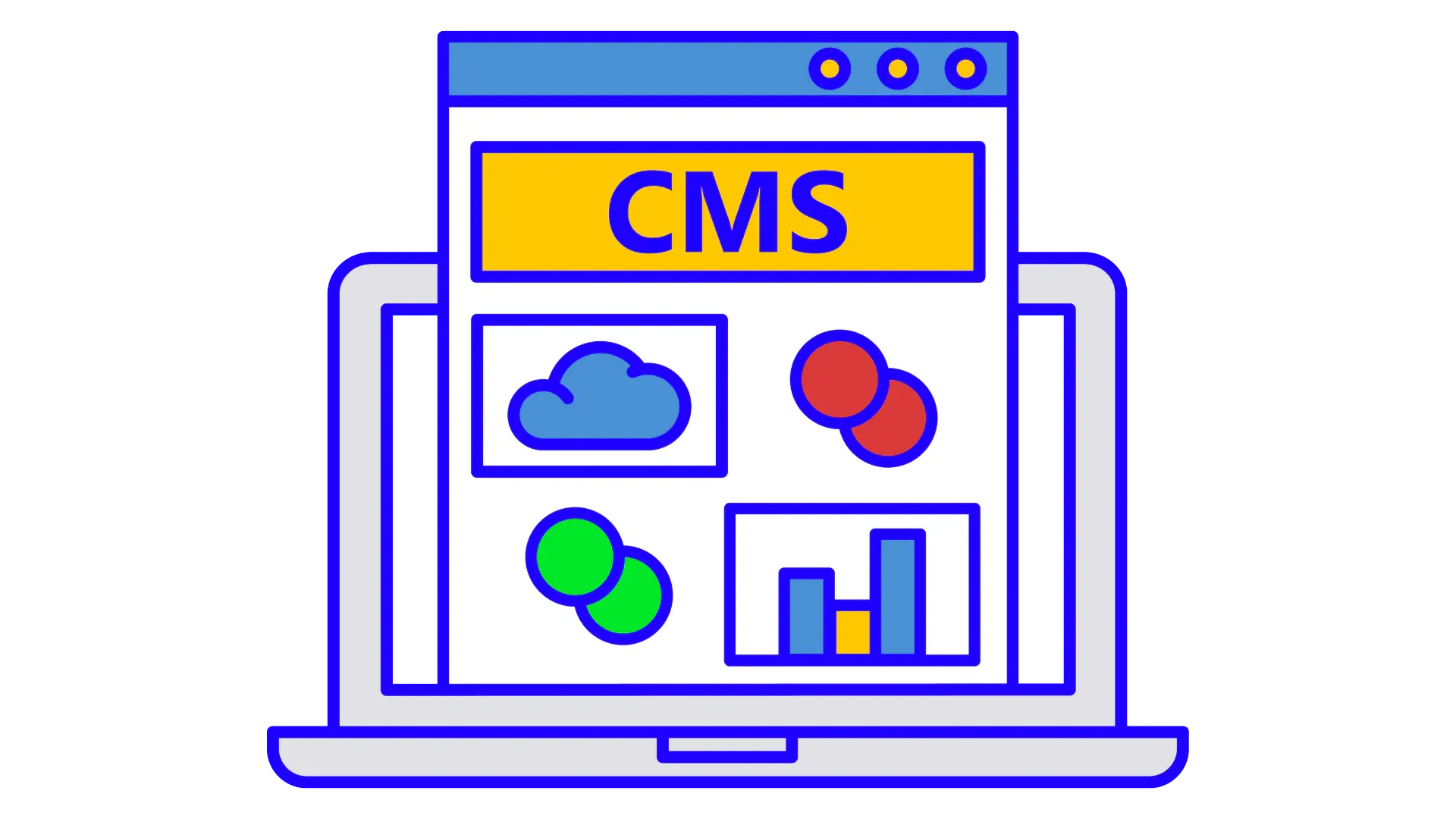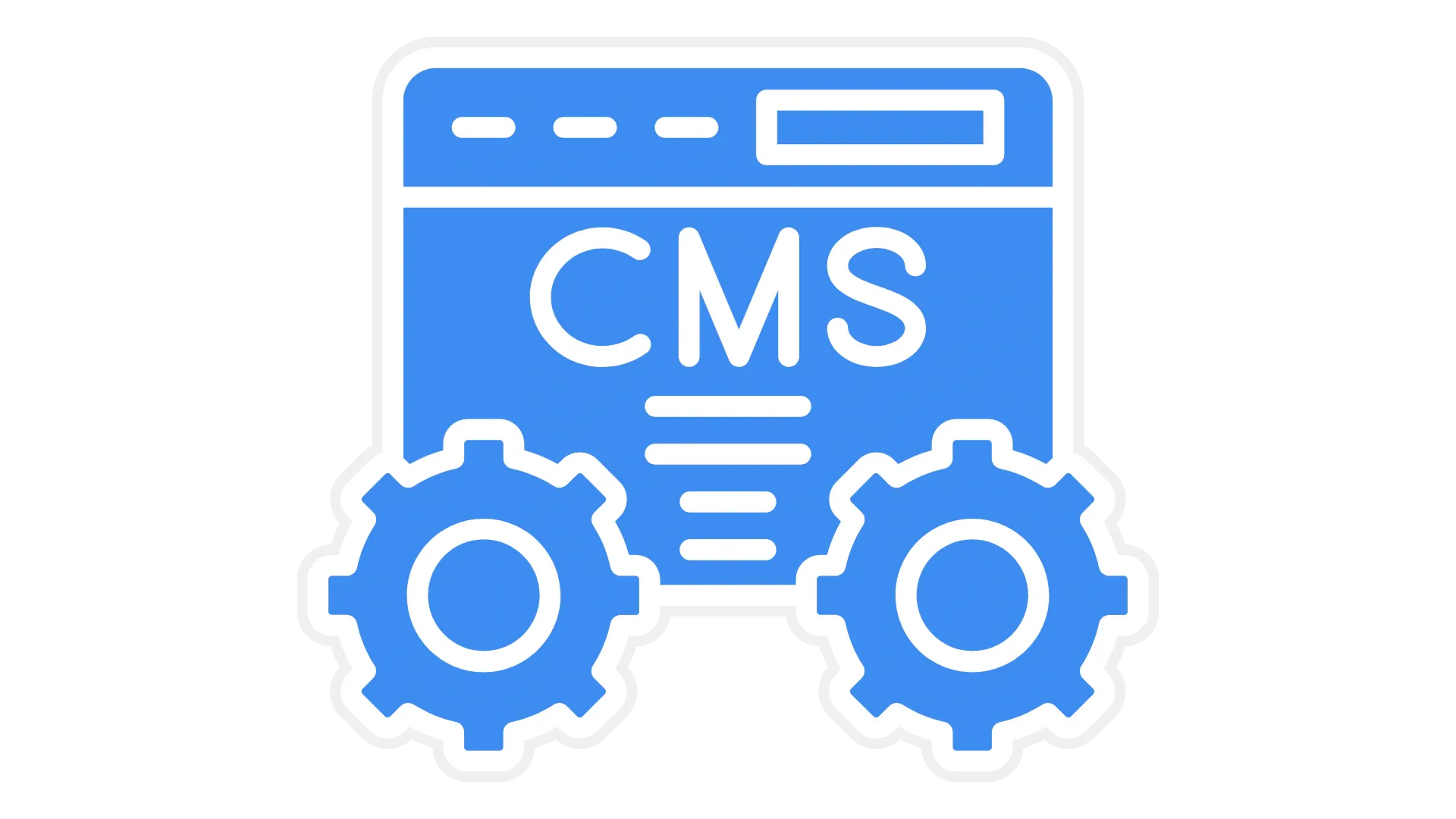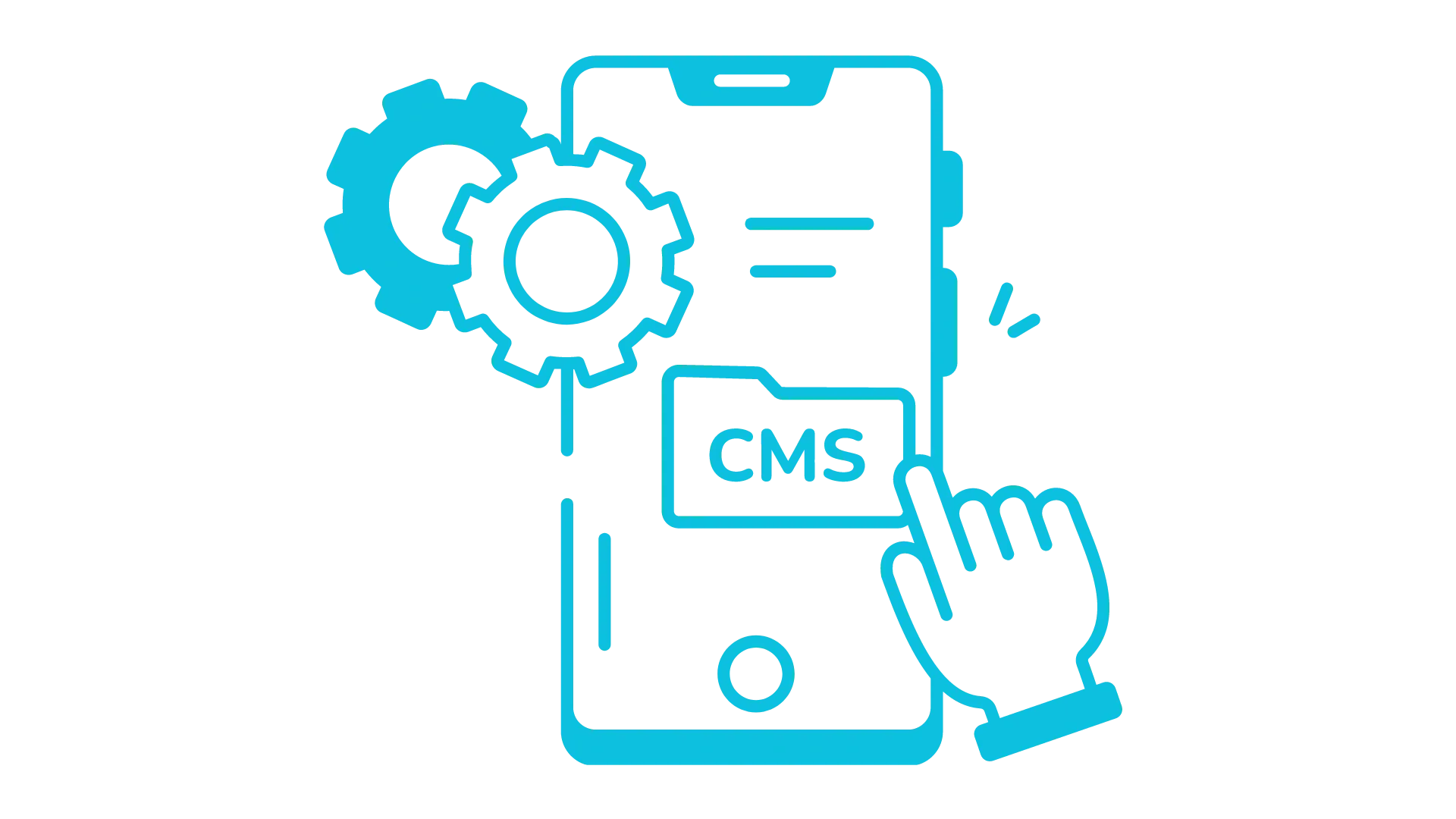The DIY Guide to Drupal CMS Development: Empower Your Website
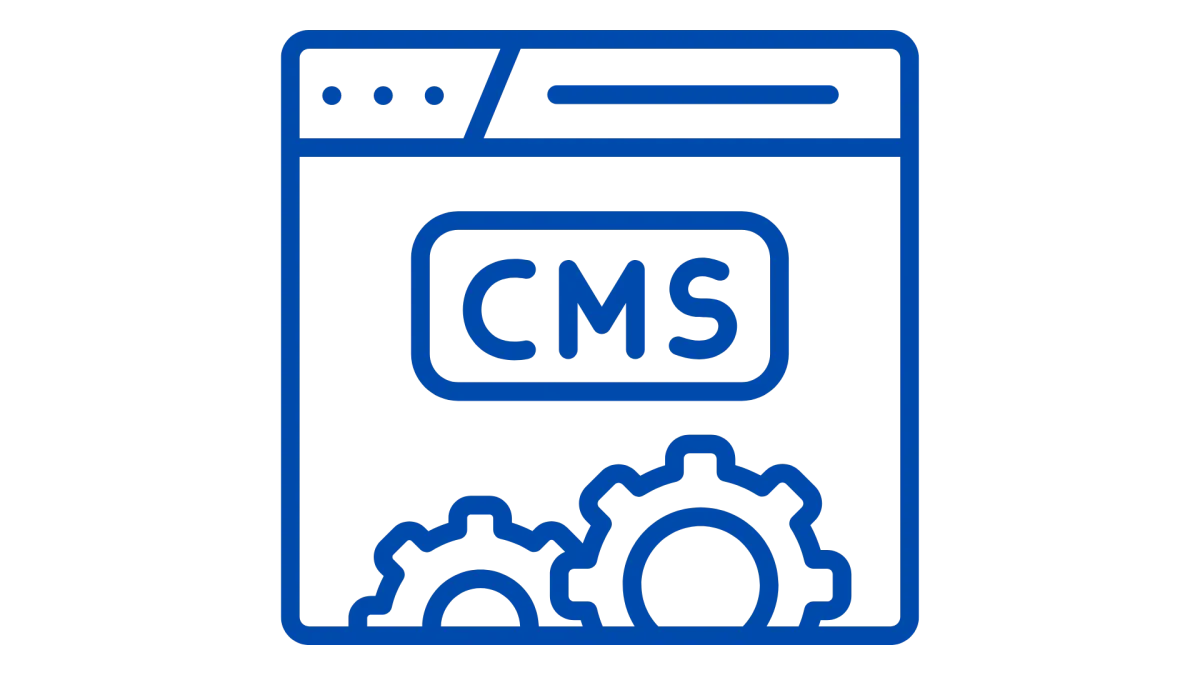
Drupal is a powerhouse content management system (CMS) known for its flexibility, security, and scalability. While many organizations turn to Drupal development companies like Associative, you might be wondering if you can take on some of the development work yourself. The answer is yes! In this guide, we'll walk you through the basics of DIY Drupal development, empowering you to create and customize your website.
Understanding Drupal's Building Blocks
- Content Types: Define the types of content your site will have (e.g., articles, products, events).
- Fields: Add specific data points to your content (e.g., titles, images, body text, prices).
- Views: Create lists or collections of your content, filtered and organized the way you want.
- Blocks: Small, reusable content elements that you can place anywhere on your site.
- Themes: Control the look and feel of your website (there are many pre-built themes to choose from).
- Modules: Add functionality to your Drupal site (e.g., e-commerce, SEO tools, contact forms).
Getting Started with DIY Drupal Development
- Installation: Download Drupal from the official website and follow the installation instructions. You'll need a web server environment (like Apache) and a database (like MySQL).
- Configuration: Navigate to your Drupal admin dashboard to set basic site information, content types, and permissions.
- Building Content: Start creating pages and adding content using the WYSIWYG editor or more advanced text formats.
- Adding Functionality: Explore and install modules from the Drupal module library to enhance your site.
- Customizing with Themes: Select a pre-built theme or dive into theme customization using HTML, CSS, and JavaScript.
When to Consider Professional Drupal Development
While DIY development is empowering, there are scenarios where professional expertise can be invaluable:
- Complex Functionality: If you need custom modules, integrations with external systems, or unique user experiences.
- Large-Scale Websites: High-traffic sites often require advanced performance optimization and security hardening.
- E-commerce: Drupal Commerce is powerful, but setting up secure payment gateways and managing product catalogs can be intricate.
- Time Constraints: If you need your site up and running quickly, a development team can streamline the process.
Associative: Your Partner in Drupal Development
If you find yourself needing professional Drupal development services, Associative is your go-to partner. Our team specializes in:
- Custom Drupal Development: Tailoring Drupal to your unique requirements.
- Drupal Support and Maintenance: Ensuring your site runs smoothly and stays up-to-date.
- Drupal Migration: Seamlessly transitioning your existing site to the Drupal platform.
- IPhone App Development
- Java App Development
- Android app development
Conclusion:
Drupal offers incredible possibilities for DIY website creation. By understanding the core building blocks and leveraging available resources, you can customize your site to a certain extent. However, when you need specialized features, complex integrations, or expert guidance, consider partnering with a Drupal development company like Associative to unlock the full potential of your website.
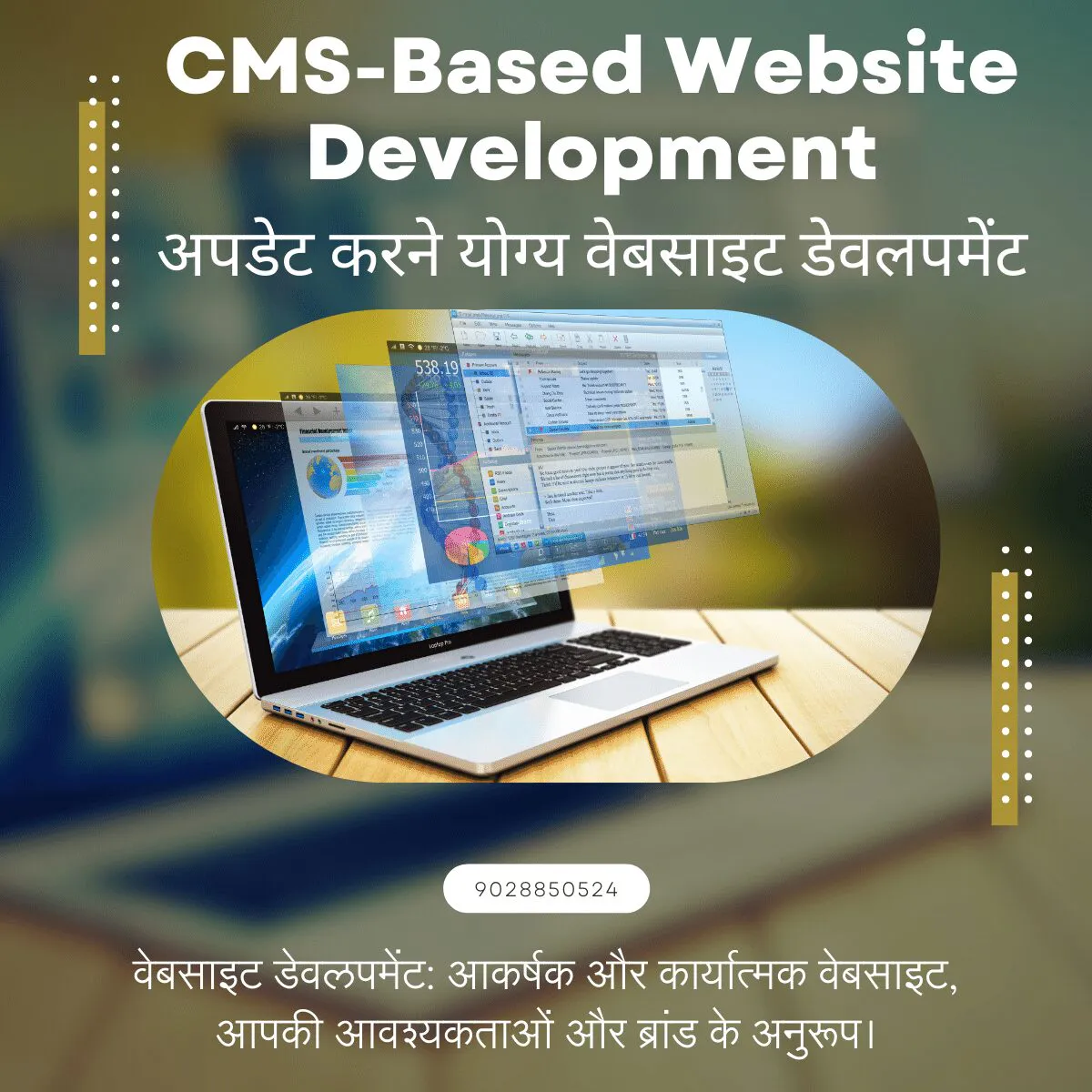
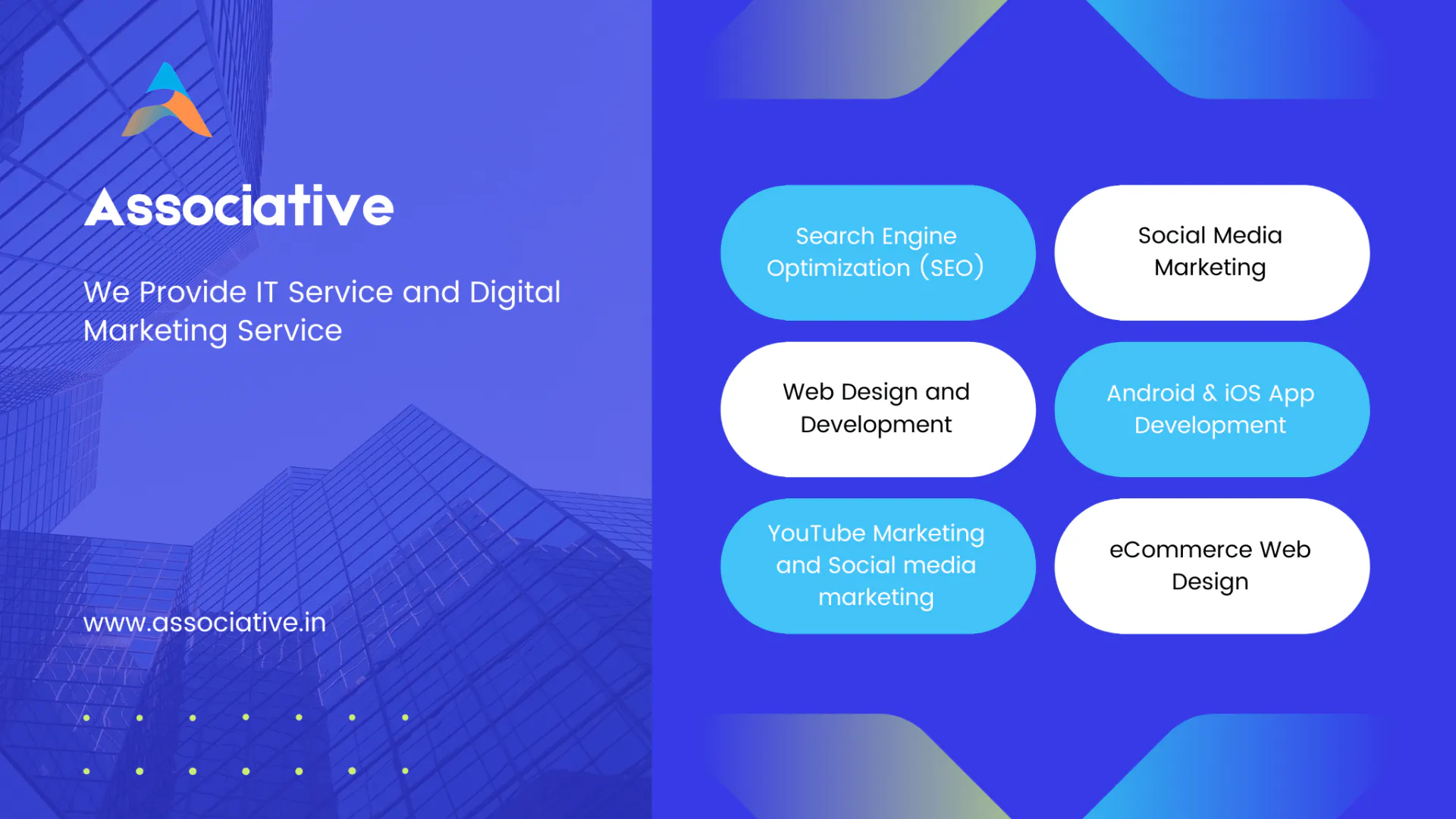
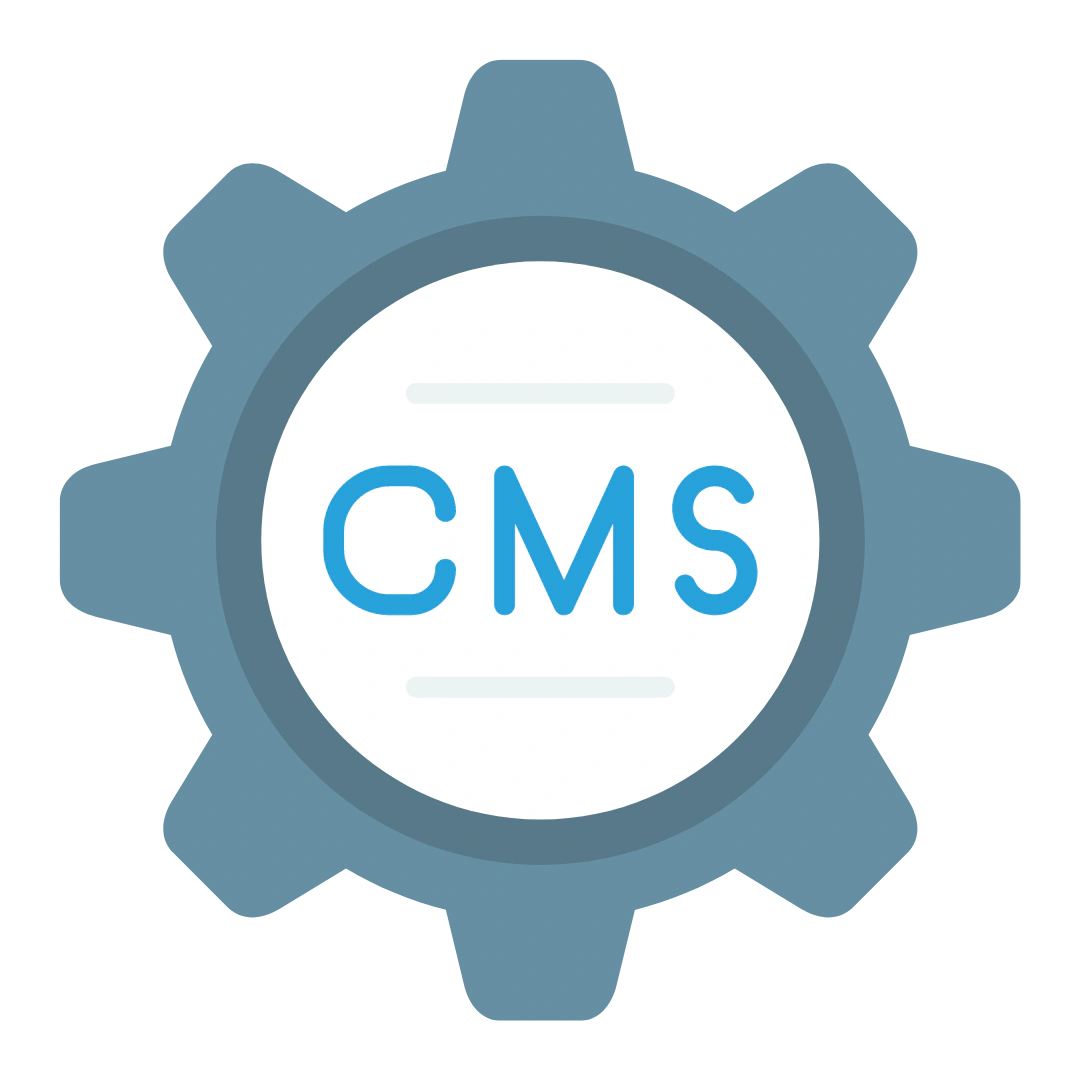
To learn more, consider reading other articles, blogs, and stories in this area.
